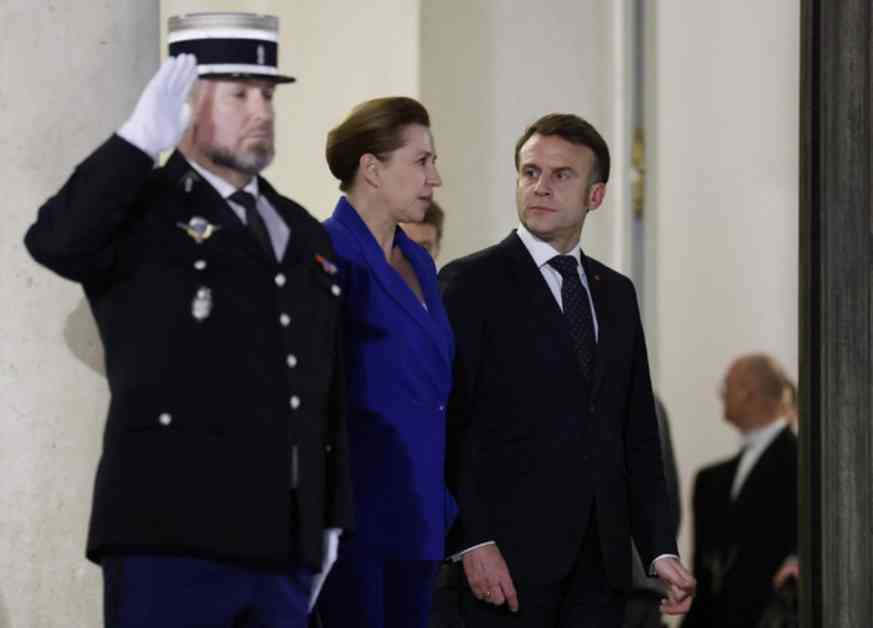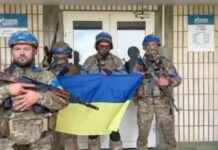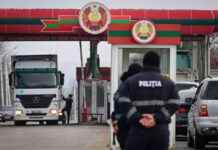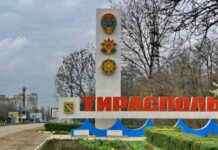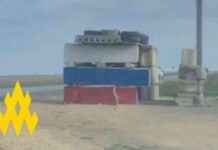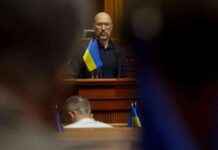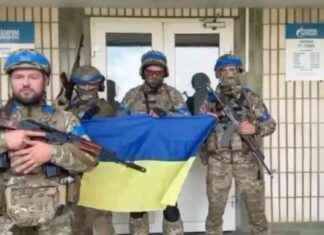British Prime Minister Keir Starmer issued a stark warning on Monday, emphasizing the critical need for a “US security guarantee” to prevent Russia from launching further attacks on Ukraine in the event of peace. Starmer’s statement came after a high-stakes European meeting in Paris, where he expressed his willingness to deploy British forces alongside other nations under the condition of a US backstop. Stressing the necessity of a US security guarantee as the most effective deterrent against Russian aggression, Starmer’s remarks underscored the gravity of the situation in Ukraine and the broader implications for European security.
European Summit in Paris: Urgent Talks and Unforeseen Developments
The urgency of the situation was highlighted by a last-minute summit in Paris that brought together multiple European leaders. The meeting was prompted by the exclusion of Europe from crucial peace talks in Saudi Arabia, scheduled for the following day and restricted to Russian and American delegations. This unexpected turn of events set the stage for Starmer’s proactive stance on deploying British troops in Ukraine, a move that diverged from Germany’s cautious approach to peacekeeping efforts. While Chancellor Olaf Scholz expressed reservations about discussing the deployment of German units as peacekeepers, Starmer emerged as a vocal advocate for ensuring Ukraine’s security and democratic values.
Starmer’s proactive stance on deploying British troops in Ukraine diverged from Germany’s cautious approach to peacekeeping efforts.
European Unity and Future Security Challenges: Voices of Concern and Resolve
As leaders grappled with the complex geopolitical landscape, Danish Prime Minister Mette Frederiksen echoed Starmer’s concerns about Russia’s aggressive posturing and the need for a united front to safeguard Europe. Frederiksen’s unequivocal stance underscored the growing apprehension among Baltic states and European nations about the escalating threat posed by Russia. Expressing alarm at the prospect of a hasty ceasefire imposed without EU or Ukrainian input, Frederiksen warned of the potential for Russia to exploit such a situation to further its expansionist agenda.
The war in Ukraine has become a crucible for testing Europe’s collective resolve and commitment to upholding democratic values in the face of external threats.
In the face of mounting challenges, European leaders are confronted with a pivotal moment that demands decisive action and unwavering solidarity. Starmer’s call for a US security guarantee, Frederiksen’s steadfast support for Ukraine, and the broader discourse on European security underscore the evolving dynamics shaping the continent’s future. As the specter of conflict looms large, the imperative of unity, foresight, and strategic cooperation has never been more pressing. The fate of Ukraine, the stability of Europe, and the preservation of democratic principles hang in the balance, requiring bold leadership, concerted efforts, and a shared commitment to a safer, more secure future for all.
